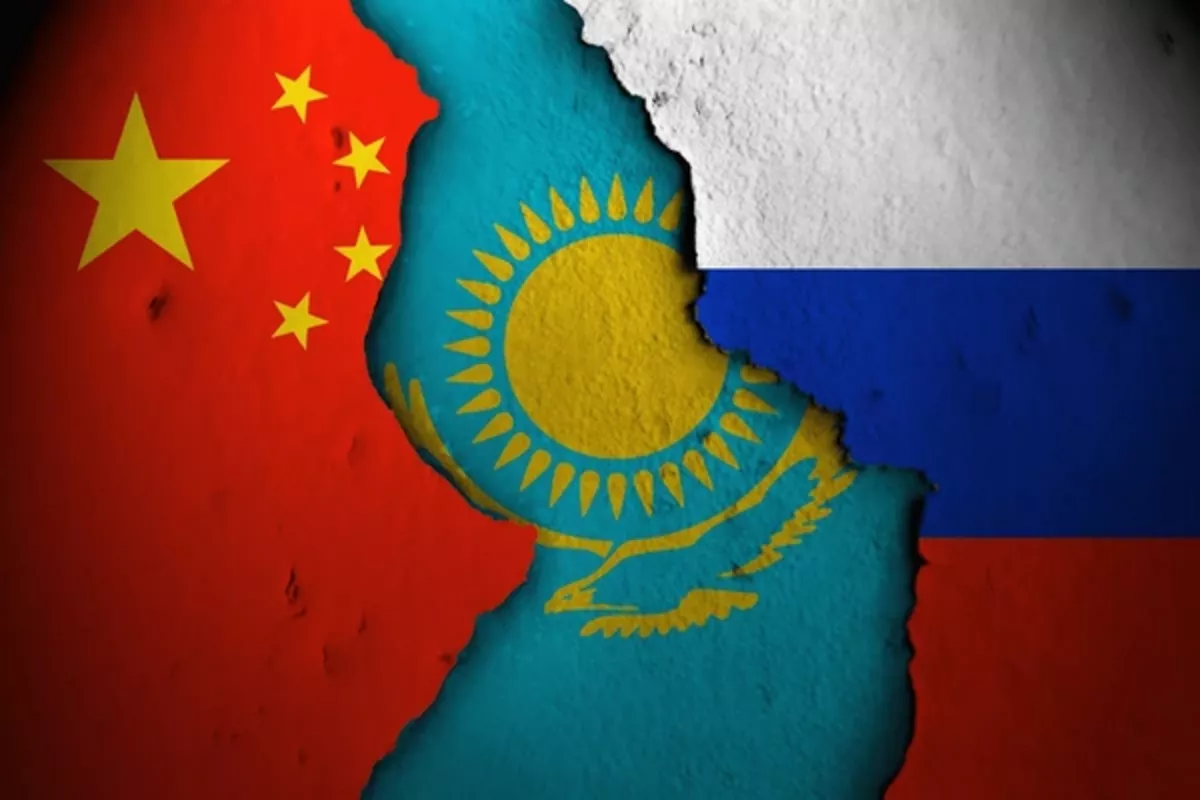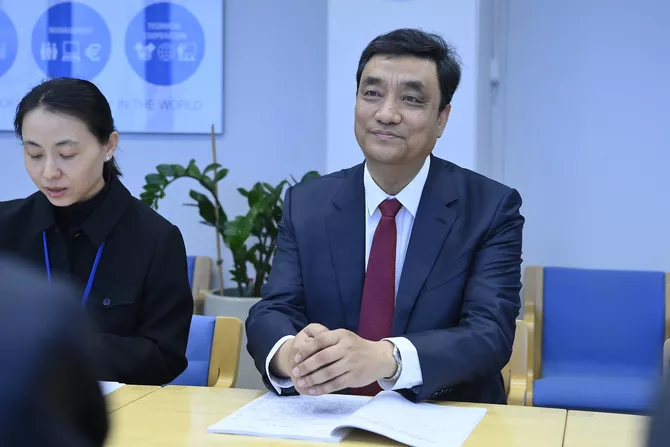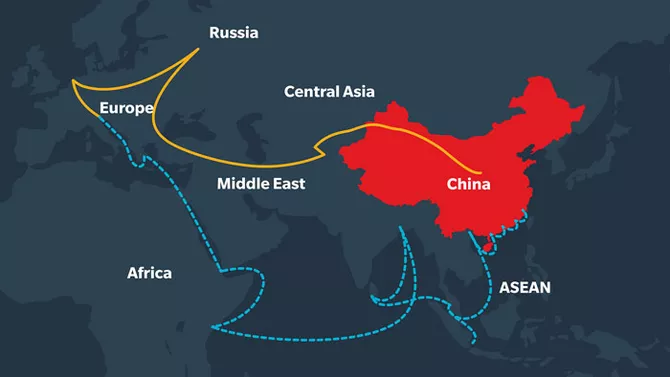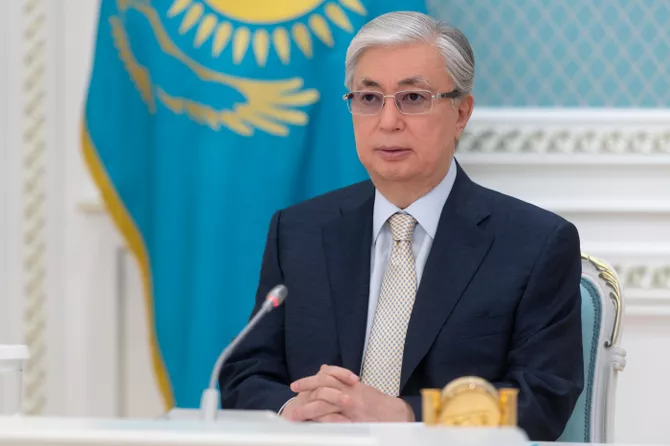
Shutterstock photo
The end of May brought significant news regarding Kazakhstan's readiness to deepen cooperation with China on the construction of the country’s first nuclear power plant (NPP).
According to the newly established Kazakhstan Atomic Energy Agency (KAEA), Astana has expressed interest in learning from China’s experience in ensuring nuclear and water-ecological safety at all stages of NPP implementation.
Before delving into the details, it’s worth recalling that in March of this year, President Kassym-Jomart Tokayev reiterated his commitment to the construction of three nuclear power plants as a strategic priority to ensure a robust foundation for Kazakhstan’s long-term economic development. The goal is to create a comprehensive nuclear cluster. From the outset, Kazakhstan considered technology providers such as China’s CNNC, Russia’s Rosatom, South Korea’s KHNP, and France’s EDF. According to the Ministry of Energy, the final decision on selecting a contractor or consortium is expected by the end of the first half of the year.
Against this backdrop, the visit of Dong Baotong, head of China’s National Nuclear Safety Administration, to Astana in late May proved especially noteworthy. During talks with KAEA Chairman Almasadam Satkaliyev, the Chinese side proposed a significantly lower construction cost compared to Rosatom and other competitors. Specifically, CNNC offered to build two HPR-1000 reactors for $5.5 billion-roughly half the projected cost of Rosatom’s proposal. Furthermore, China offered a near-complete cooperation package, including fuel cycle management and the development of scientific and technical infrastructure.

DONG Baotong / Photo credit: Flickr
In light of this, several experts concluded that Beijing had effectively edged Moscow out of the race for Kazakhstan’s NPP project. However, a number of analysts pointed to President Tokayev’s remarks from October 2024-shortly after more than 70% of Kazakh citizens voted in favor of nuclear energy in a national referendum-where he outlined his vision that the project should be carried out by an international consortium comprising the world’s leading technology providers. Thus, many experts believe that Astana will strive to balance the interests of all parties involved.
In any case, what is unfolding in Kazakhstan is a clear example of intensified geopolitical competition between China and Russia. Thus far, Astana has skillfully maneuvered between the two powers, especially as the European Union is also rapidly increasing its presence in the region. This balancing act was evident in Tokayev’s recent interview with Al Jazeera, where he reaffirmed Russia’s role as a strategic partner-particularly with regard to the Caspian Pipeline Consortium (CPC)-while simultaneously emphasizing the importance of the Trans-Caspian International Transport Route (Middle Corridor), and reaffirming Kazakhstan’s support for China’s Belt and Road Initiative.

Photo credit: asiainsurancereview.com
At the same time, Tokayev made it clear that Kazakhstan does not plan to join BRICS, stating that the observer status is “sufficient.” He noted that BRICS lacks a charter, a secretariat, or comprehensive programs. Nonetheless, he stressed that this position does not signal a shift in Kazakhstan’s foreign policy. At its core lies a carefully balanced approach-maintaining constructive relations with major powers, including neighboring countries, while advancing Kazakhstan’s national interests.
Within this framework, Tokayev underscored Kazakhstan’s role as a “middle power” that should play a more meaningful role in addressing global challenges. He called for the reform of the United Nations, primarily through expanding the Security Council to include, alongside Japan and Germany, representatives from Asian and African nations. According to him, “middle powers must unite to reshape the UN into a fairer structure that meets the demands of today’s world,” while also contributing to global peace and security.

Tokayev’s position, as well as the broader developments unfolding in and around Kazakhstan, speak for themselves. As he stated during the plenary session of the Astana International Forum on May 29: “Kazakhstan views the current turbulent world through the lens of constructive engagement. Our foreign policy is based on prioritizing dialogue over division and upholding sovereign rights.”
It is from this position, evidently, that Kazakhstan will approach the question of which countries will participate in its nuclear power program. And undoubtedly, Astana will adopt a similar stance in other key areas of international engagement-at the crossroads of global interests.
Share on social media